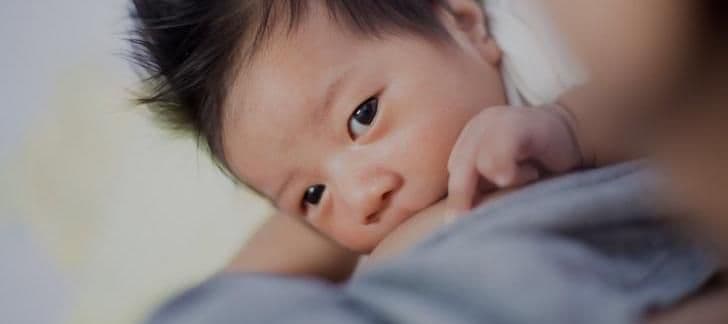Mastitis Isn’t Only for Women who are Currently Breastfeeding
Obie Editorial Team
Mastitis is a painful and inconvenient condition that is relatively common in women who are breastfeeding. Not only is it painful, but it can also interfere with your baby’s regular feeding schedule, which could bring on a slew of other problems. Essentially, Mastitis is sometimes caused by an infection in the breast, which was brought on by cracks in the nipple, but it might also be caused by plugged milk ducts from milk that stayed in the breast too long. Obviously, a nursing baby’s mouth can put a great deal of stress on the nipple, so the condition is most common when a baby first begins to breastfeed. Symptoms include breast enlargement on the affected side, fever, itching, discharge, and pain. While it makes sense for the condition to come on during breastfeeding, it could also happen after you’ve already weaned your baby off of it.
Unfortunately, even women who have discontinued breastfeeding can get mastitis because their milk ducts might be clogged from the built up milk. It’s not nearly as common, but it’s something you should look out for. If it is caused by an infection, antibiotics could help. Also, it’s essential that you get it checked out by a doctor if you’ve finished breastfeeding because the symptoms might be caused by something else. An abscess or even breast cancer share many of the same symptoms, and these conditions are obviously much more serious.
If you’re about to wean your baby off of breastfeeding and you’re worried that you will develop mastitis after the fact, wean your baby as slowly as possible. By stopping suddenly, your breast will almost surely become clogged with the milk that will not be released. Talk to your baby’s pediatrician about a weaning schedule that will allow your milk to slowly stop production naturally. That way, all of the remaining milk will have been released and your body will know to discontinue production.
Generally, mastitis is fairly easy to treat and your doctor will know exactly what to do if you develop the infection. However, there can be complications with the infection, and those complications could seriously interfere with your ability to be a great new mom temporarily, so it’s best to see your doctor as soon as you notice any breast irregularities. Unfortunately, the painful and unsettling condition is not only reserved for women who are currently still breastfeeding their newborn babies.
Source: Maree Anne Crepinsek et al: Interventions for Preventing Mastitis After Childbirth. Cochrane Database of Systematic Reviews Volume 8 pp. 1-39 2010
Unfortunately, even women who have discontinued breastfeeding can get mastitis because their milk ducts might be clogged from the built up milk. It’s not nearly as common, but it’s something you should look out for. If it is caused by an infection, antibiotics could help. Also, it’s essential that you get it checked out by a doctor if you’ve finished breastfeeding because the symptoms might be caused by something else. An abscess or even breast cancer share many of the same symptoms, and these conditions are obviously much more serious.
If you’re about to wean your baby off of breastfeeding and you’re worried that you will develop mastitis after the fact, wean your baby as slowly as possible. By stopping suddenly, your breast will almost surely become clogged with the milk that will not be released. Talk to your baby’s pediatrician about a weaning schedule that will allow your milk to slowly stop production naturally. That way, all of the remaining milk will have been released and your body will know to discontinue production.
Generally, mastitis is fairly easy to treat and your doctor will know exactly what to do if you develop the infection. However, there can be complications with the infection, and those complications could seriously interfere with your ability to be a great new mom temporarily, so it’s best to see your doctor as soon as you notice any breast irregularities. Unfortunately, the painful and unsettling condition is not only reserved for women who are currently still breastfeeding their newborn babies.
Source: Maree Anne Crepinsek et al: Interventions for Preventing Mastitis After Childbirth. Cochrane Database of Systematic Reviews Volume 8 pp. 1-39 2010









